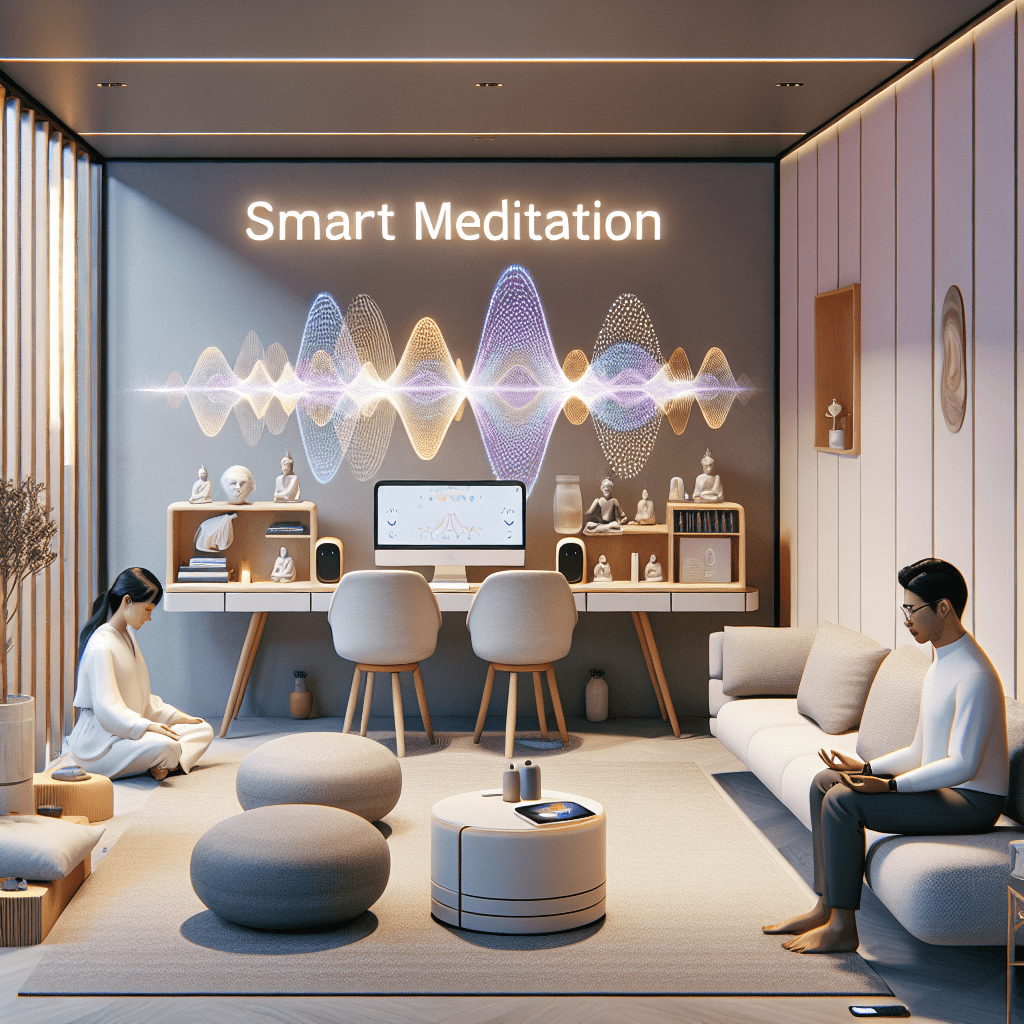
Prioritize your mental well-being daily. Enhance your life by nurturing your mental health with the Smart Meditation app. Break free from stress, alleviate anxiety, and enhance your sleep quality starting today.
Can Mindfulness Meditation Disrupt School To Prison Pipeline?
Unveiling the Potential of Mindfulness Meditation
In a world where the buzz of technology and the chaos of daily life incessantly tug at our attention, mindfulness meditation emerges as a beacon of serenity and self-awareness. Yet, its power extends far beyond individual peace, holding the potential to transform societal structures, particularly the school-to-prison pipeline. This deeply entrenched system disproportionately funnels marginalized students from educational environments into the criminal justice system. The question that begs our attention: Can mindfulness meditation truly disrupt this cycle? Let’s dive into an exploration of its transformative power.
A Closer Look at Mindfulness in Education
Mindfulness meditation, often encapsulated in practices aiming to cultivate a non-judgmental awareness of the present moment, is not just a fad. It’s a research-backed approach that’s making waves in educational settings for its positive impact on both students and teachers. Here’s how it’s shaking things up:
-
Enhanced Emotional Regulation: At the heart of many school-related conflicts and disciplinary actions are unmanaged emotions. Mindfulness meditation arms students with the tools to navigate their emotional landscape, drastically reducing impulsivity and aggression.
-
Boosted Focus and Academic Performance: Ever tried to study or complete an assignment with a mind racing faster than a speeding bullet? Mindfulness thwarts this challenge by teaching students how to reign in their wandering thoughts and concentrate on the task at hand.
-
Reduced Stress and Anxiety: Let’s face it, the pressure cooker environment of schools today has students and educators alike teetering on the brink. By promoting relaxation and stress management, mindfulness practices are the much-needed antidote to this pervasive anxiety.
But, hang on a sec, how does this play into dismantling the school-to-prison pipeline?
Breaking the Chains: Mindfulness as a Disruptor
The school-to-prison pipeline isn’t simply a pipeline; it’s a complex web of institutional policies, societal biases, and systemic barriers. Here’s the kicker: mindfulness meditation, by fostering empathy, self-awareness, and emotional regulation, directly challenges the mechanisms that feed this pipeline.
-
Shifting Disciplinary Policies: With mindfulness, schools are beginning to rethink their approach to discipline. Instead of defaulting to punitive measures that alienate and stigmatize students (pushing them a step closer to the judicial system), educators are implementing restorative justice practices rooted in understanding and healing.
-
Fostering Inclusivity and Understanding: By nurturing empathy and self-reflection, mindfulness helps dismantle prejudices and biases that often result in the unequal treatment of marginalized students. When educators and students practice mindfulness, they’re more likely to create an inclusive environment where everyone feels valued and understood.
-
Offering an Alternative to Escalation: Mindfulness equips students with the skills to handle confrontations and challenges in a non-violent manner. By promoting peaceful resolution and self-regulation, these practices offer a stark alternative to the behaviors that often result in disciplinary action and, by extension, entry into the criminal justice system.
So, can mindfulness meditation truly disrupt the school-to-prison pipeline? The evidence suggests a resounding yes. By integrating mindfulness practices into the fabric of educational systems, we’re not just teaching math and science; we’re nurturing a generation equipped to break cycles of violence and incarceration with wisdom, patience, and compassion.
In essence, mindfulness isn’t just a tool for personal development – it’s a societal disruptor with the power to transform one of the most persistent and systemic issues facing our education system today. As we continue to explore and expand its application, the potential for transformative change grows ever more promising.





